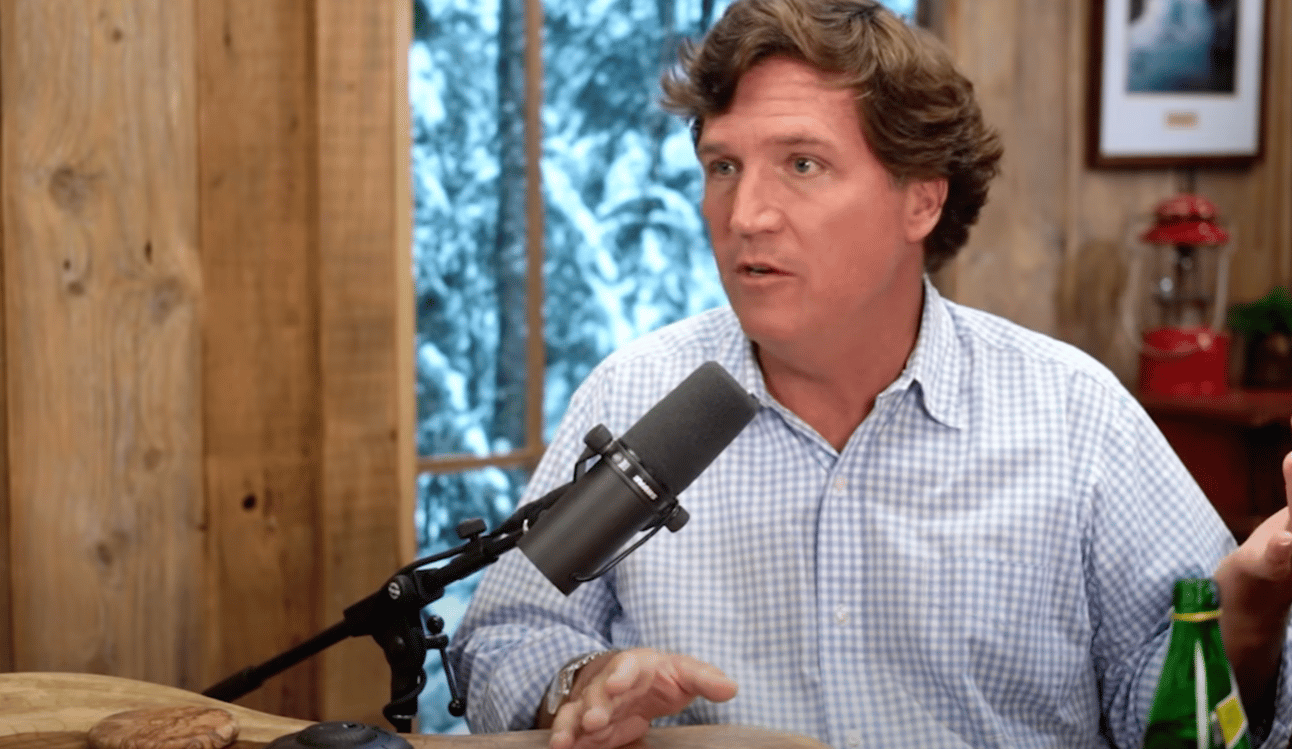- Creator Toolkit
- Posts
- Genuine Authenticity Is Reigning The Internet
Genuine Authenticity Is Reigning The Internet
It’s 2024, and the internet is craving authenticity.
Wait.
Hasn’t the internet always craved authenticity? What does “authenticity” even mean when it’s so overused in this context?
The word's meaning has slightly changed and perhaps crept closer to its definition.
Gen Z genuinely appreciates authenticity, at least from a brand perspective.
This hasn’t necessarily always been the case.
I remember back in 2017, Katy Perry streamed a four-day YouTube livestream to promote her studio album Witness. You watched her every move over 24 hours, from eating to patting her dog Nugget to crying. It wasn’t received well then because celebrities thrived on fantasy and elevated distance from their fans. Perry came across as unstable to viewers, but by today’s standards, she was doing something ahead of her time. Now every celeb is doing it - Doja Cat is farting and smoking weed on live all the time.
The Realness Movement, powered by Gen Z, is deepening the appeal for audiences to seek out UGC [user-generated content], unfiltered images and speaking vulnerable.
Last week, Kim Kardashian launched a SKIMS campaign modelled by the in-house all-female team that works behind the shapewear company. The people behind a brand were never relevant to the consumer’s purchasing decision. Yet, this move has been perceived as “empowering”, revealing the faces and stories of the brand in the hope that you connect more deeply with it.
Companies are increasingly hiring creators based on their previous results rather than their popularity. Similarly, brands should allow creators freedom over content creation to avoid appearing inauthentic.
Audiences want brands to move away from polished, professionally tailored content. A great case study for this is the genius Michael Cera and CeraVe campaign that ran in the lead-up to the 2024 Super Bowl.
While I don’t believe it’s possible to be truly authentic online, I think this is another way to tell a story.
At the moment, this storytelling style is working, so lean into it and tell it as honestly as you can.
Let's dig into today’s Toolkit.
Creator News
TikTok v Universal Music Feud Heats Up
TikTok says it will remove more music from the platform due to a continuing dispute over royalties with Universal Music Group.
The app has already silenced songs by artists signed to the label but will now do the same to associated writers.
So, if you want to feature songs by Harry Styles (Sony), Adele (Sony), and SZA (RCA Records), who have written with Universal-signed artists, you soon might not be able to.
Why?
There’s this thing called "Split copyrights", which refers to every piece of music having two separate copyrights.
The first is for the specific recording of a song, which is controlled by music labels.
The second copyright is for a song's lyrics and composition, which music publishers control.
Songwriters can write songs for artists from a variety of different record labels. As a result, even if a song is included on an album from a label such as Sony or Warner, it may still be removed if the song was written or co-written by a songwriter associated with Universal Music Publishing Group (UMPG).
TikTok has already removed 3 million UMPG songs from the app.
NYT Sues OpenAI For Copyright Infringement
The New York Times is suing OpenAI for allegedly using its expansive archives without permission to train chatbots to provide information to users.
OpenAI has subsequently accused The NYT of hiring someone to “hack” into ChatGPT to prove the chatbot was stealing their content.
Social Updates
Instagram officially announced “Backdrop,” a new AI generative tool in Stories to change the background on your images.
Facebook announced creators can now earn unlimited monthly payouts with Performance bonuses. The program is also opening up the Performance bonus to more creators in more countries.
Meta will stop funding news in Australia.
YouTube Create's beta rolled out to 13 more countries this week, from Australia to Brazil and Spain. Launched last September, the app allows mobile creators to upload, edit and post within YouTube Create. It has features like its audio cleanup tool to reduce background and ambient noise and a royalty-free music library.
YouTube rolled out Collab — a side-by-side / split-screen format — to all creators on iOS and Android.
TikTok launched the TikTok Trends Digest, a monthly guide to creating on-trend content.
What I’m into this week
Lex Fridman interviews Tucker Carlson
Lex received a lot of pushback when he announced he was speaking with former Fox News host Tucker Carlson. While there are plenty of things I disagree with Carlson on, one thing I appreciate is Fridman’s commitment to having nuanced discussions with all sides of the table. This type of content inspires me to move forward with curiosity rather than a fixed mindset. Lex also helps me to appreciate the unique approach I can bring to my work.
Was this newsletter too long? |
